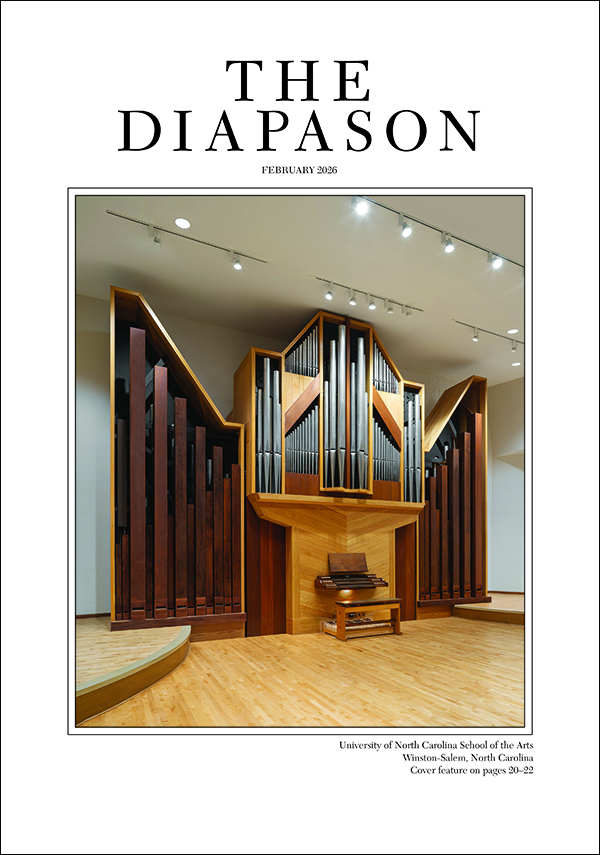
J. S. Bach: The Well-Tempered Clavier, by Colin Booth, harpsichord. Soundboard, Book One, SBCD-218, $16.98; Book Two, SBCD-219, $16.98. Available from ravencd.com and
colinbooth.co.uk.
Colin Booth, harpsichordist and harpsichord maker, performs Bach’s complete Well-Tempered Clavier in these two CD sets. Making use of his own harpsichord, a copy of an instrument by Nicholas Celini from 1661 built in 2016, Booth here performs a convincing rendition of one of Bach’s most important works for keyboard instruments. The discs were recorded between 2018 and 2019 and demonstrate Booth’s vast knowledge of Bach’s compositional style and notational language.
Booth has a special relationship with the harpsichord used in this recording. Before building his own copy of this double-manual instrument, Booth restored Celini’s original 1661 harpsichord in 2013. In replicating this harpsichord, Booth expanded the compass and strung it in brass. The brass stringing sounds beautiful and allows for exquisite clarity of contrapuntal lines. While the instrument has three choirs of strings, Booth only uses the two 8′ sets of strings—individually and in combination—noting that he wanted to preserve the contrapuntal clarity as much as possible. Regarding tuning, Booth uses Kirnberger III, preferring its conservative qualities while preserving unique characteristics for each of the different keys.
The playing on these discs is of exceptional quality, demonstrating Booth’s thoughtful approach to musical expression, articulation, and pacing at the harpsichord. There are many highlights throughout this recording: the endurance and structural considerations given to the extensive fugues in A minor and B minor (Book One), effective ornamentation in the G-minor prelude and the C-sharp-minor fugue (Book Two), and contrapuntal clarity within the massive five-voice fugues from Book One (C-sharp minor, B-flat minor). Booth’s attention to detail is audible throughout, sensitively shaping phrases with clear articulation and direction. Of particular interest is Booth’s regular use of rhythmic inequality and unevenness in his playing; sometimes the inequality is quite subtle, other times, less so. It is often effective, particularly in the D-major fugue from Book One, in which French overture performance practice and elements of the notation seem to disagree. Some of Booth’s ideas are unconventional—for instance his approach to the rhythmic gestures at the beginning of the D-major prelude from Book Two. In his choice of tempi, Booth diligently considers meter along with character effectively. The F-minor fugue of Book One, as an example, comes to life in Booth’s unhurried rendition with sliding chromatic lines, whereas the grace of the F-minor prelude from Book Two becomes audible in Booth’s fluent choice of tempo. Listening to the entire collection is rewarding and reveals so many beautiful and thoughtful ideas.
In addition to his performances, Booth has included fantastic liner notes for both CD sets. The essays are lengthy, including a variety of information about historical context, model compositions, tuning considerations, and thoughts on his interpretation. The liner notes go far beyond an introduction to this repertoire, thoroughly breaking down recent scholarly debate on tuning and suggesting ideas for future performers to consider in their own interpretations.
Altogether, these CD sets feature outstanding playing, musically and technically, from Booth. His intimate knowledge of the harpsichord, and particularly this harpsichord, helps him to bring out the best of its beautiful sonic qualities. This recording absolutely deserves a listen and a place among other important recordings of Bach’s Well-Tempered Clavier.

